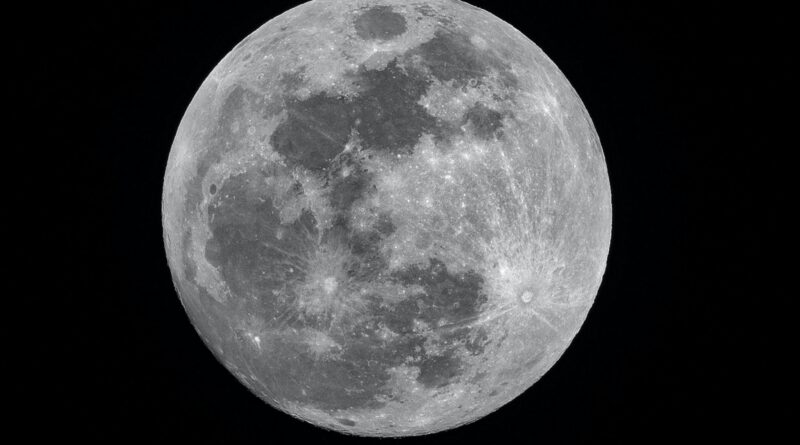Tsuki to Suppon (月とスッポン – As Different as Day and Night)
Tsuki to Suppon
月とスッポン
Yesterday, I introduced the Japanese phrase, “undei no sa,” which means a very big difference.
昨日は、大きな違いあるという意味の「雲泥の差」という言葉を紹介しました。
In Japanese, there is another phrase, “tsuki to suppon” (月とスッポン), which has the similar meaning of it.
日本語には、これとよく似た意味の言葉に「月とスッポン」というものがあります。
Here, “tsuki” (月) means “moon,” “to” (と) means “and,” and “スッポン” means “soft-shell turtle.”
「月」は “moon,” 「スッポン」は “soft-shell turtle” を意味します。
Both the full moon and a shell of a soft-shell turtle are round.
満月とスッポンの甲羅はどちらも丸いという点で共通しています。
However, in Japan, the moon is a symbol of beauty, whereas it’s said that the soft-shell turtle lives in dirty and has ugly face.
しかし、日本において月は美しさの象徴であるのに対し、スッポンは汚い泥の中にいて顔も醜いとされています。
Because of this, “tsuki to suppon” has come to mean something two that are very different from each other, though they have one thing in common.
このことから、「月とスッポン」は、共通点はあるけれども比較にならないほど異なるものを指すようになりました。




